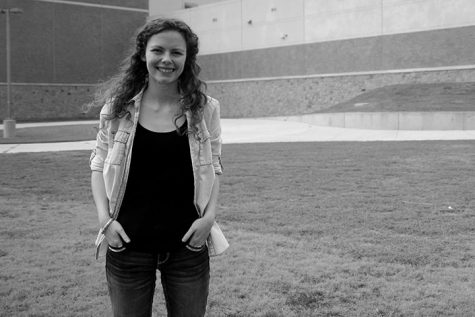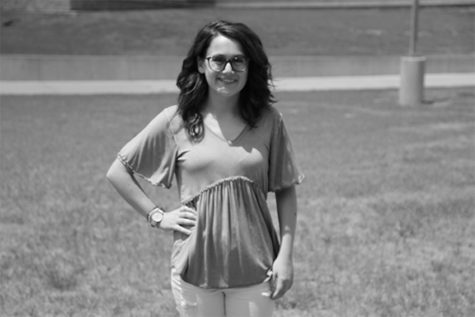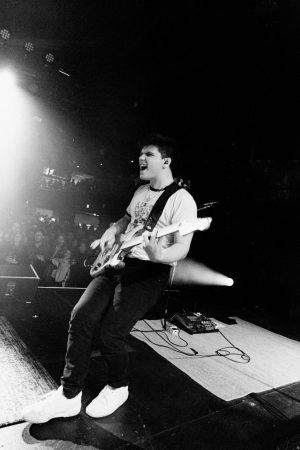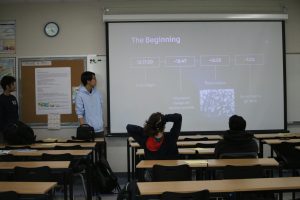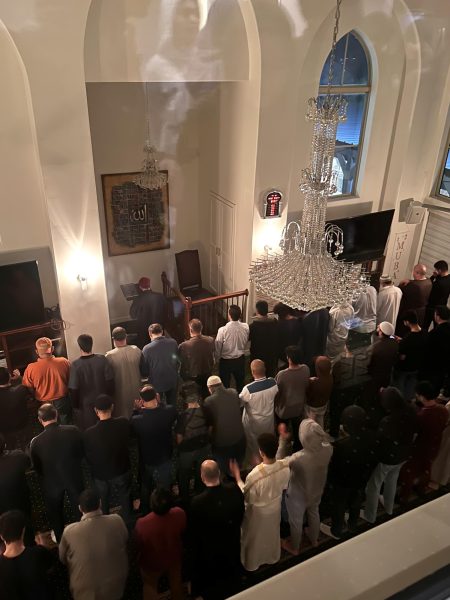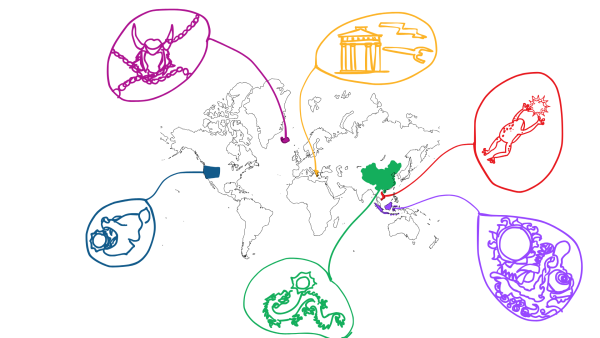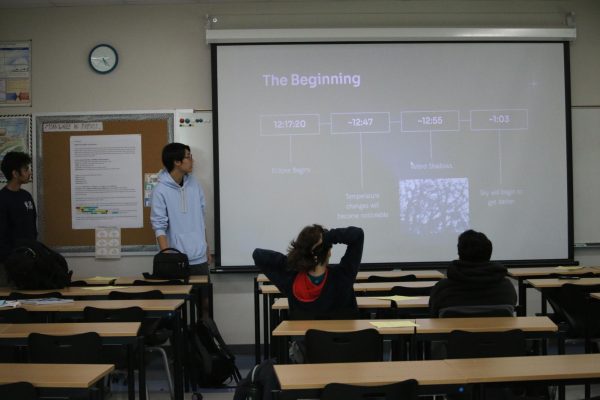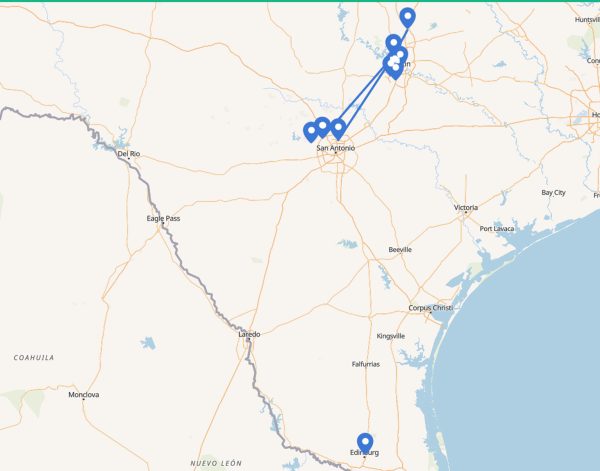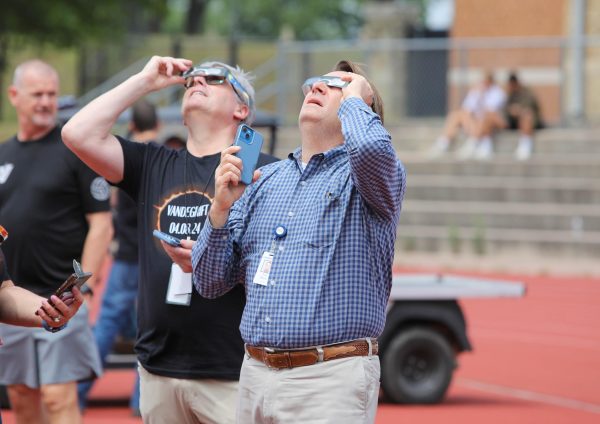Teacher Spotlight: Martin Wiedenmeier
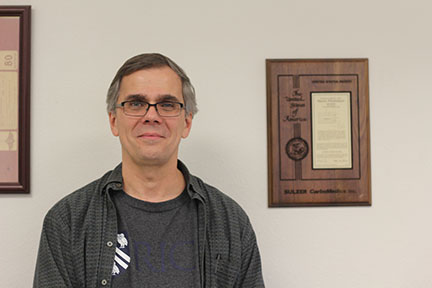
Martin Wiedenmeier standing next to his patent. Wiedenmeier patented his idea for testing heart valves back when he was a biomedical engineer.
January 25, 2017
Considering all the hours and effort that most teachers put into their work, it can be easy for students to forget that their teachers were once students themselves. Martin Wiedenmeier, who teaches engineering, was once the one sitting behind a desk instead of lecturing in the front of the classroom. Even back in high school, he had an idea of what his future would look like.
“Actually, I knew I was going to be an engineer,” Wiedenmeier said. “I was rebuilding cars and taking things apart, so that was pretty much my high school experience.”
Wiedenmeier got his undergraduate degree from Rice and his graduate from Berkeley. He worked as an engineer for many years before he started teaching.
“I spent five years working for IBM in the semiconductor path, as a process development engineer, and then 10 years as a biomedical engineer,” Wiedenmeier said. “I liked the 10 years as a biomedical engineer because I was in research and it was something new and different every day; you never really knew what you were going to get into.”
Wiedenmeier spent his 10 years as a biomedical engineer working on making medical heart valves with a company in Austin before he decided to get into teaching.
“We got bought out,” Wiedenmeier said. “I basically didn’t want to move out of Austin. I got some job offers on the East Coast and the Midwest but didn’t want to take any of those, so I decided to get into teaching.”
Throughout his career, Wiedenmeier has used his knowledge to develop innovative ideas in the area of engineering. He has tried to patent six ideas so far.
“Basically if you come up with something novel that has never been done before, you can go for a patent,” Wiedenmeier said. “I’ve done six of them, and on four of those we found what’s called prior art. Lawyers do big searches and the idea has either been published somewhere, or there might have been an international patent in another country.”
Currently Wiedenmeier has one patent still being reviewed and has received a patent for an idea he had during his time as a biomedical engineer.
“It’s a spherical shoot test on heart valve leaflets,” Wiedenmeier said. “They’re ceramic, so you have to make sure there’s no cracks in them otherwise they could break inside a human body. We had an old way of testing them but it was very time consuming so I got together with a couple other guys and we looked at the problem and the solution seemed pretty obvious. We came up with a new test.”
As a teacher, Wiedenmeier has helped with robotics for the past four years, but this year changed his focus to Cyber Patriots, which involves figuring out network connections, what’s wrong with network connections, finding out if people are trying to hack into a system, and finding viruses on a system.
“It’s a competition,” Wiedenmeier said. “It’s department of defense. It’s cyber security. We just had our competition Sunday- the state competition. All five of our teams made it to the state round. It looks like only one of those five teams is moving on but we won’t know the actual complete score until probably Thursday.”
Wiedenmeier is one of the main engineering teachers and is in charge of the introduction to engineering design and aerospace engineering classes.
“Mr. Wiedenmeier has made a huge impact on me as a student,” senior Taylor McDonnell said. “His lectures and teaching always reflected the fact that he is one of the smartest teachers in the school. Mr. Wiedenmeier has shown me how an educated and fun teacher can turn a class into an enjoyable and significant learning experience.”
On top of his full time teaching job and his commitment to Cyber Patriots, Wiedenmeier is still pursuing his own projects outside of the classroom.
“I’m always working on stuff,” Wiedenmeier said. “I build boats as a hobby and furniture. I have a full workshop at home so I’m always building something.”
Though Wiedenmeier is still happy where he is, he is already thinking about his future when he eventually moves on from teaching.
“I’m getting close to retirement, so I figure I’m going to do this for a little while longer,” Wiedenmeier said. “When I retire I think I’m going to do furniture building full time and see what I can sell.”



